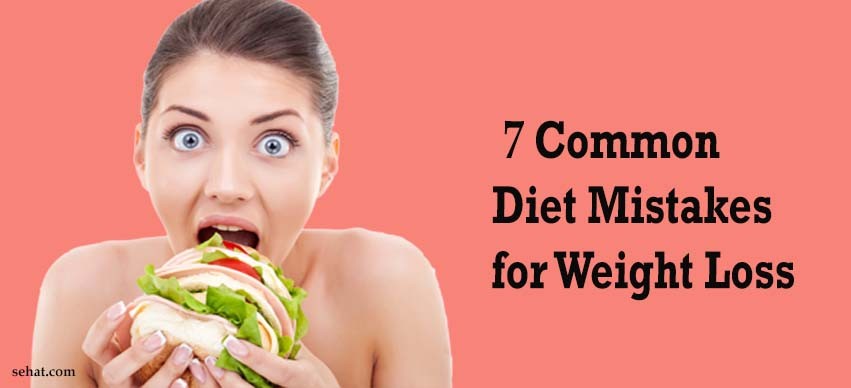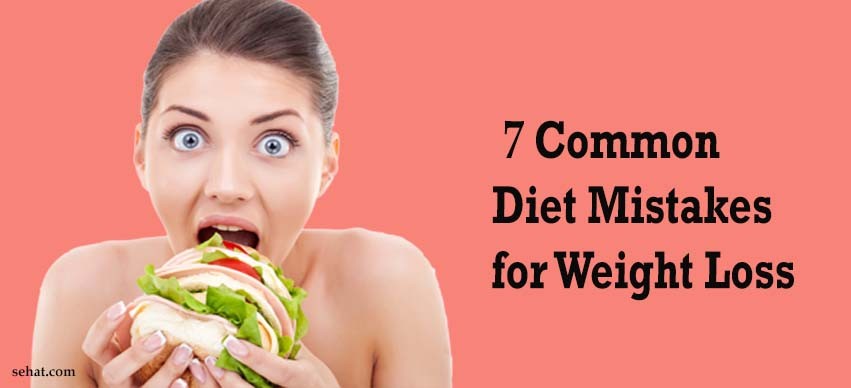
Weight Loss: Not a Single-Track Approach
Weight loss is a very broad term and often, does not embrace the underlying causes. Unwanted flab acquired through such underlying causes as malnutrition arising from further covert reasons like celiac is too stubborn to leave. Until the deepest cause is uprooted, no weight loss diet – in that way – any weight loss measure will prove good enough.
A weight loss program must tally with the diagnosis of a qualified, practicing medical professional, which will denote what the system lacks (or does not) that’s bringing the condition. The weight loss diet chosen must be supportive of the adverse, underlying condition. The treatment and its fitting weight loss programs always brings in the effect, not the weight loss program alone. Unless, of course, your flab is not out of bounds and you are under the care of qualified nutritionists and herbalists.
The Smaller Mistakes:
- A successful weight loss through diet doesn’t occur overnight. The body needs time to stock up on its needs before starting towards betterment. The time may vary but impatience often bites in, thus disrupting the whole protocol.
- It is all about the proper foods and their proper amounts. Replacements or varying amounts and trying to cope up some other day doesn’t work.
- Getting into a diet pattern is not discarding tasty, junk food once and for all. Once every ten days it helps keep the hormones up. But it must not be in great quantities.
- Next is being too eager to lose fat. Fat can’t be scooped off like that. Making lean muscle tissues grow without losing the fat may end up into something gross. Shapely arms but a potbelly is a bad combo, so a full body aerobic workout is must with a diet pattern. Increasing metabolic rate the safest way is getting some regular vigorous activity and making existing lean muscle mass maintain that. Eating fat-burning foods alone is not a solution.
- Dieting is not stopping eating carbs and fat. Most do that and fight increased stress levels, brain-fogs and general lethargy. A high metabolism needs adequate food to burn and adequate food helps metabolism stay high; this is something you must know before getting into a food program.
- Dieting is also not about being on appetite suppressors and skipping meals, especially breakfast. No diet program ever encourages skipping meals, but overzealous people often try modifying till things go bent out of shape. Variations of this theme are trying to stuff in big and then starving for longer spans.
- Diet programs won’t work if there’s not enough sleep and water happening. We all know about water. What we often don’t is weight loss is greatly hormone dependent. A good night’s sleep is needed for specific hormones to be released at night. 7 hours of sleep is essential but not 8 hours completely. It also helps dealing with day to day stress, reduces cortisol and stops lean mass breakdown. With more water in the system, fighting stress also becomes easier.
Water also flushes the body at cellular levels and removes stale water, thus reversing water retention. This is must for the goodness of the foods to show their effects and therefore, the diet program’s.

